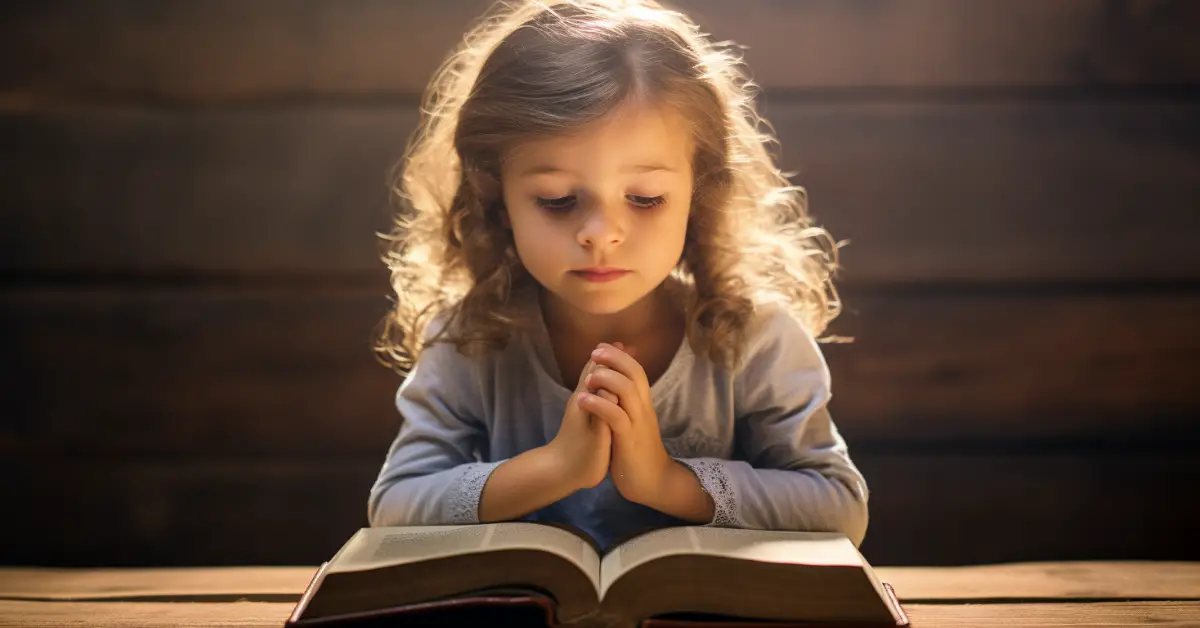If you’re wondering what the Bible says about protecting children, you’ve tapped into a topic close to the heart of Christian teachings. The Bible, across both Old and New Testaments, emphasizes the value and dignity of children. It instructs adults to care for and protect them, reflecting God’s view on their importance. From Jesus’ own words to the principles laid out by the prophets, the Bible makes it clear: safeguarding children is not just a moral duty, but a reflection of one’s faith and understanding of God’s will.
Curious about what else the Bible has to say on this topic? Keep reading to uncover the rich tapestry of biblical guidance on protecting the most vulnerable among us.
What Does the Bible Say About Protecting Children?
In exploring the Bible’s perspective on protecting children, we delve into a theme that resonates deeply through its pages. The emphasis on child protection is not just a peripheral matter; it is central to the Christian faith and reflects the character of God Himself.
Children, in the biblical context, are seen as gifts from God, entrusted to the care of adults. This responsibility comes with explicit instructions to nurture, teach, and guard them against harm. The Bible doesn’t shy away from condemning those who mistreat or harm children, marking it as a serious sin. It’s clear that God’s view on children is one of profound love and concern.
Jesus, in the New Testament, exemplifies this stance. His interactions with children, often counter-cultural at the time, demonstrated a radical inclusivity and care for their well-being. He rebuked those who tried to keep children away from him, declaring them as central to the kingdom of God. This approach by Jesus wasn’t just symbolic; it was a directive to his followers to regard children with the same esteem.
Moreover, the Bible’s teachings go beyond just avoiding harm to children. They call for proactive measures to ensure their well-being, growth in faith, and understanding of God’s love. This directive is woven throughout the Scriptures, resonating with the message of love and protection that characterizes the Christian faith.
In essence, the Bible’s message about protecting children is clear and unambiguous. It’s a call to action, challenging believers to embody God’s love through their care and protection of children. This responsibility is not just allowed; it’s a sacred duty, reflecting one’s understanding of God’s will and the teachings of Jesus.
Bible Verses About Protecting Children
- Matthew 18:6 – “But whoever causes one of these little ones who believe in me to sin, it would be better for him to have a great millstone fastened around his neck and to be drowned in the depth of the sea.” Here, Jesus speaks strongly against leading children into sin. His words underscore the seriousness with which He views the protection of children’s innocence and faith.
- Psalm 127:3-5 – “Behold, children are a heritage from the Lord, the fruit of the womb a reward.” This psalm reflects the value God places on children, viewing them as a precious gift to be cherished and nurtured. It highlights the importance of seeing children through God’s perspective, as blessings to be protected and valued.
- Proverbs 22:6 – “Train up a child in the way he should go; even when he is old he will not depart from it.” This verse speaks to the responsibility of guiding children in their moral and spiritual development. It’s a call to instill values and teachings that will protect them throughout their lives.
- Ephesians 6:4 – “Fathers, do not provoke your children to anger, but bring them up in the discipline and instruction of the Lord.” This verse from the New Testament emphasizes the balance between discipline and nurturing in a child’s upbringing, aligning with God’s view of raising children in a loving, faith-centered environment.


